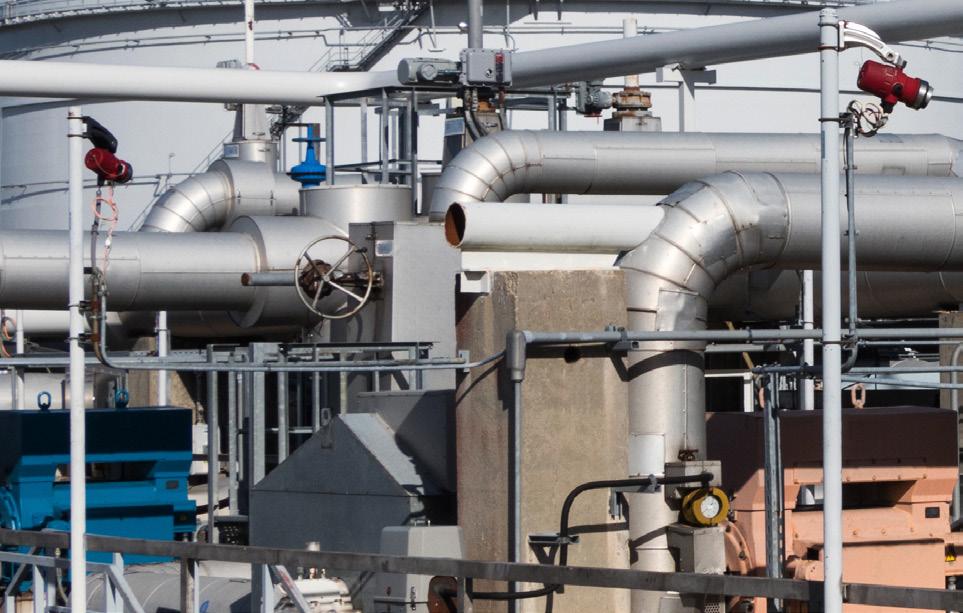
2 minute read
STANTEC WEBINAR
from HIL Issue 13
Turning Hydrogen Potential To Reality
by Floyd March
Advertisement
Eric Daglish Product Sales Manager Cochran




Watch The Webinar On Demand
Ahead of the Q&A session, Hydrogen Industry Leaders heard presentations covering the key parts of the Arbikie H2 production and use case study, circular economy, and investment priorities in the supply chain.
Following the QR code, you can catch up with the latest insights into the delivery of the hydrogen economy across Scotland, hear what Graham, Paul and Eric had to say about these topical issues and observe the engaging Q&A session in full.
This well-attended webinar provided honest conversations about where hydrogen is today and what needs to happen to grow the economy and meet ambitious government targets, allowing the region to become exporters of hydrogen on a global scale.






Q | How will different definitions of green hydrogen impact the sector?

Graham
A | The European Parliament already has two draft documents about the quality of hydrogen standards and the UK's hydrogen standard is being developed on the basis that the Europeans are likely to publish a document on it.
If we wish to trade hydrogen with Europe, hydrogen value chain standards will have to meet that of the Europeans as a minimum. If we take that onto the global stage, there's no conversation going on about an international standard for hydrogen with, say, Canada and the US and they will want to trade.
And that's before we get to some of the bigger continents such as Africa and parts of Asia such as China and India. Some of these big economies will also get involved in the hydrogen value chain as we go along. So it's imperative that we have some kind of international agreement about standards, and that will simplify the investment decisions that are being made.
Paul
A | Obviously, we're very focused on green hydrogen and this delivery can be challenging because of definitions and the fact renewables cost a reasonable amount of money to invest in the first place. It is quite expensive to be able to deliver electrolyzers and compressors to feed into boilers.
As I mentioned previously, if we can assist through legislation and definitions of green hydrogen then it will be easier to get subsidies from private investment. Ultimately it's going to be private investment that takes projects like ours through to fruition.
Eric
The knowledge and information are already there from a gas safety point of view, any changing definitions won’t change our practices from a gas safety point of view. We now understand that from a design point of view, which is the focus of our R&D project, what would be required from a rectifier application, and I don't think that will discourage anyone from transitioning.
I think it is all about purely giving customers the confidence that it is the right approach and it's one of many. As Graham said, there's no silver bullet. But ultimately as things stand, it's going to be very difficult financially to support the transition to a hydrogen-based approach across the board on the current prices I pointed out in my presentation. The costs of the fuel and subsidies ultimately are going to have to be in place to get the first initial projects off the ground to improve the economy of scale and to make it more affordable.







